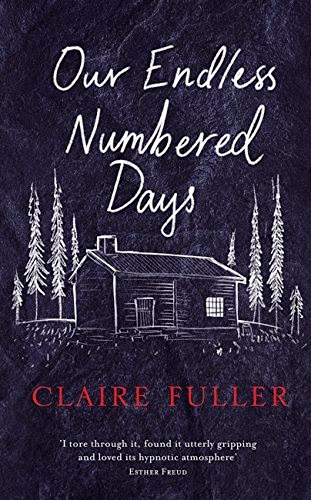Somewhere within our crowded sky, a crew of wormhole builders hops from planet to planet, on their way to the job of a lifetime. To the galaxy at large, humanity is a minor species, and one patched-up construction vessel is a mere speck on the starchart. This is an everyday sort of ship, just trying to get from here to there.
But all voyages leave their mark, and even the most ordinary of people have stories worth telling. A young Martian woman, hoping the vastness of space will put some distance between herself and the life she‘s left behind. An alien pilot, navigating life without her own kind. A pacifist captain, awaiting the return of a loved one at war.
Set against a backdrop of curious cultures and distant worlds, this episodic tale weaves together the adventures of nine eclectic characters, each on a journey of their own.
***
Self-published in the wake of a successful Kickstarter campaign before being picked up by a traditional genre fiction imprint, The Long Way to a Small, Angry Planet makes its move into the mainstream this month: a real rollercoaster of a path to market I urge you to ride when it arrives.
Not for nothing did the Kitschies shortlist this progressive piece de resistance. Imagine smashing the groundbreaking, breathtaking science fiction of Ann Leckie's Imperial Radch saga against the salty space opera of The Expanse; The Long Way to a Small, Angry Planet lacks the wall-to-wall action of that latter, and some of the former's finesse, yes—nevertheless, Becky Chambers' debut is a delight.
Rosemary Harper is on the run. Whether from someone or something, she won't say—not today—but whatever the shape this danger takes, she's taking it very seriously indeed. She's frittered away her life savings on Mars' black market, the better to lay claim to a new name, and gotten herself a job as good as guaranteed to see her light years from the only home Rosemary has ever known.
Never in her life had she worried about credits or having a place to go home to. But with the last of her savings running thin and her bridges burned behind her, there was no margin for error. The price of a fresh start was having no one to fall back on.
No pressure, or anything. (p.14)















